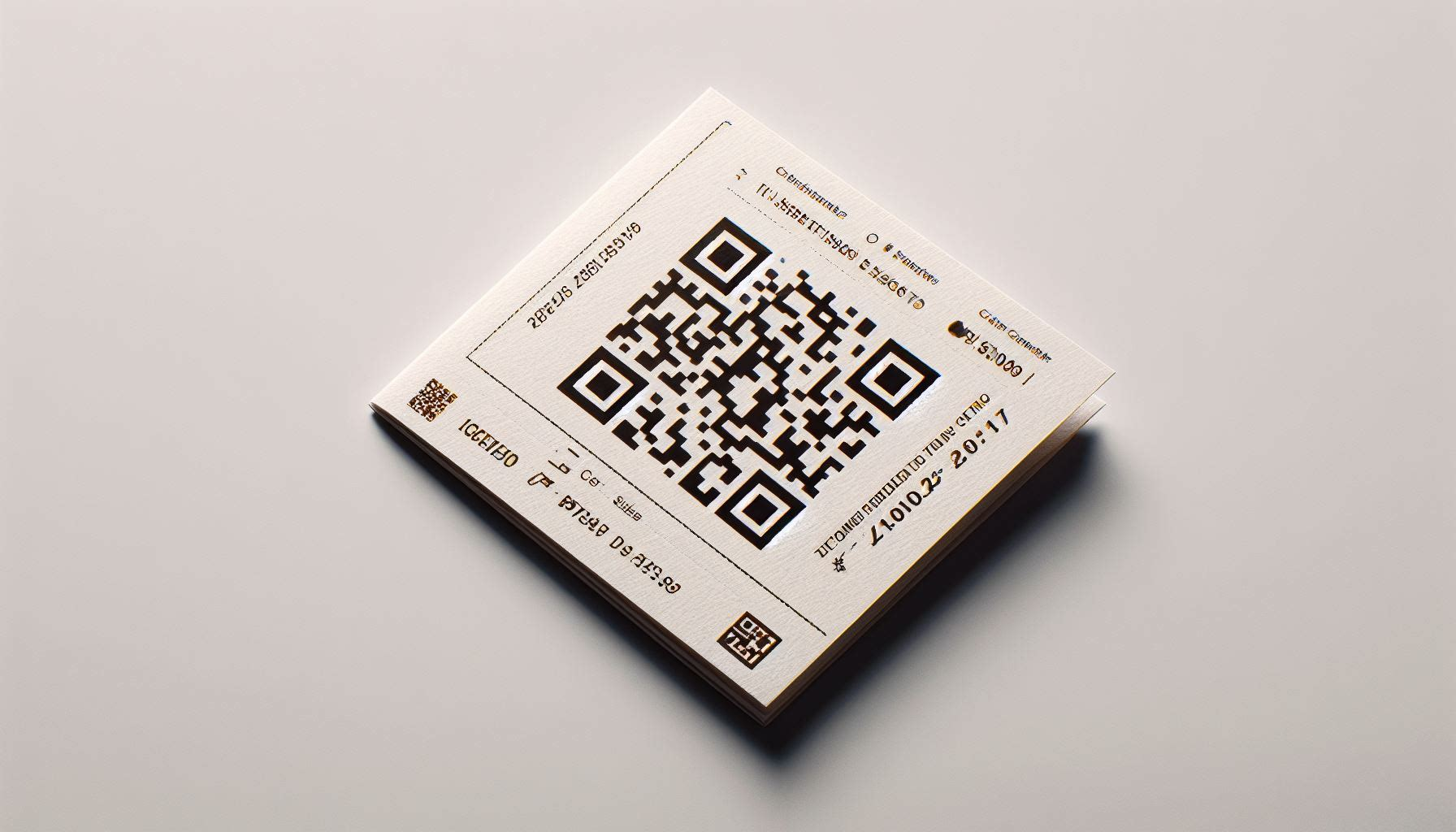Physical Address
W Sunrise St, Bisbee, Arizona 85603
Physical Address
W Sunrise St, Bisbee, Arizona 85603

A crypto address, also known as a wallet address, is a unique identifier that allows for the sending, receiving, and storing of cryptocurrencies1,2. It’s essentially a virtual mailbox specifically designed for cryptocurrencies1.
A crypto address is typically represented by a long string of alphanumeric characters, comprising numbers and letters1. The creation of a crypto address involves complex mathematical algorithms that prioritize uniqueness, security, and privacy1. This process revolves around the use of private and public keys1.
The private key, a randomly generated secret code, remains securely stored by the owner and serves as the foundation for deriving the corresponding public key, which is openly shared and used to verify transactions associated with the crypto address1.
To bolster security, crypto addresses leverage cryptographic hash functions1. These functions convert input data into fixed-length strings of characters, making it virtually impossible to reverse-engineer the private key or tamper with transactions1. This mechanism ensures the integrity and authenticity of transactions, instilling confidence in users’ digital interactions1.
It’s worth noting that while crypto addresses offer a certain level of privacy, they provide pseudonymity rather than absolute anonymity1. Transactions made using crypto addresses are traceable on the blockchain, although the true identity behind a crypto address remains undisclosed unless voluntarily revealed1.
There are different types of crypto addresses based on the storage and control of the associated keys1. Here are a few examples:
Moreover, based on the specific blockchain or cryptocurrency being used, a crypto address can be one of the following, but not limited to: